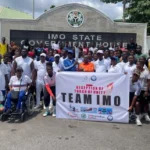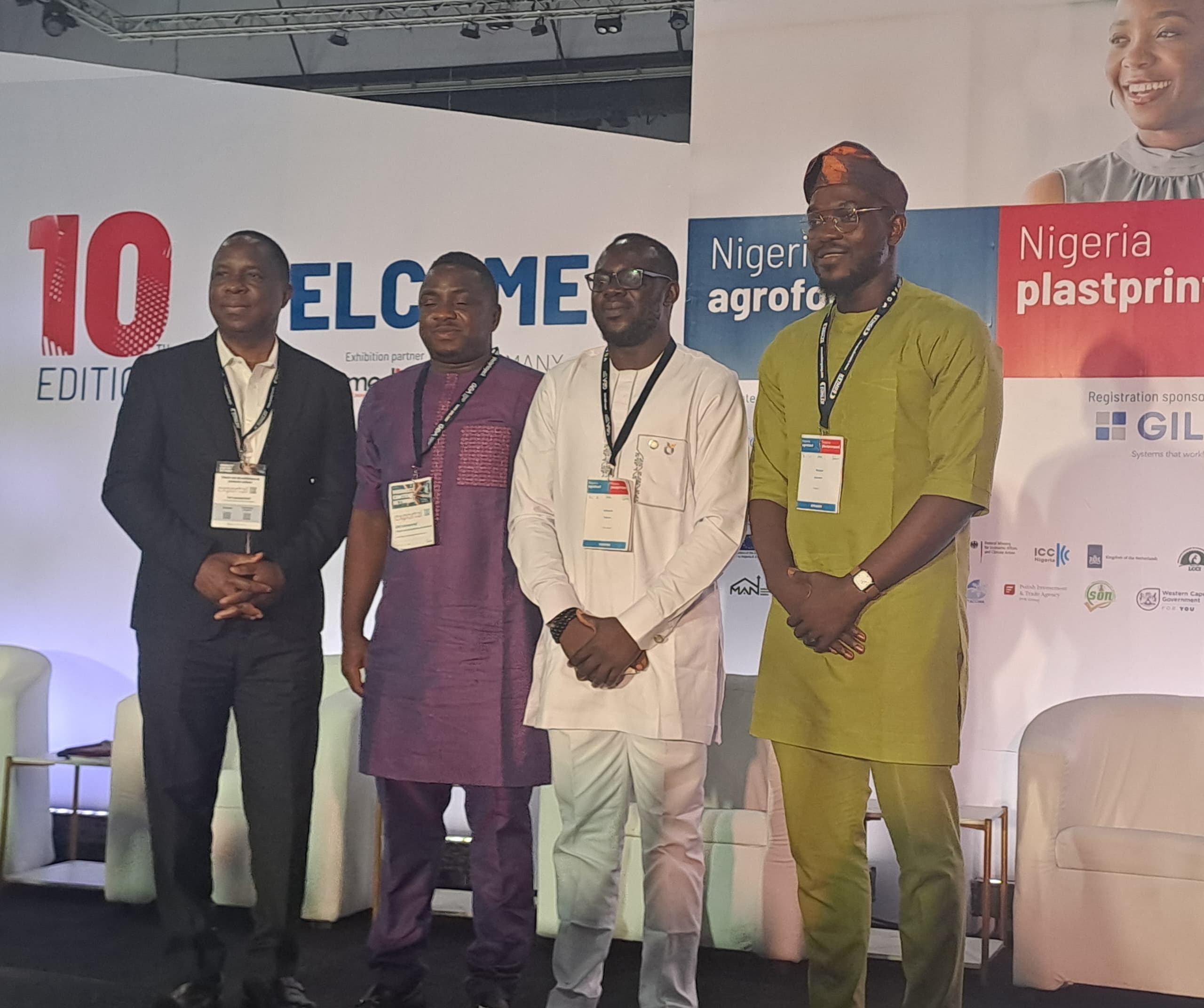By Oluwafunke Ishola
Stakeholders in the nutrition and cold chain system have stressed the need for an improved technical expertise and infrastructure to strengthen cold chain process for a resilient and sustainable food system.
The stakeholders said this during the seventh West African Cold Chain Summit and Exhibition (WACCSE) on Wednesday in Lagos.
They spoke during a panel session titled: “Strengthening Cold Chain Infrastructure for Safe and Nutritious Food in West Africa”.
A cold chain is a temperature-controlled supply chain used to preserve and transport perishable products, such as food, pharmaceuticals, and chemicals, from the point of origin to the point of consumption.
The goal is to maintain a consistent temperature range throughout the entire process, from production and storage to transportation and distribution, to ensure the quality, safety, and shelf life of the products.
Dr Augustine Okoruwa, Regional Programme Manager, Food Fortification, Helen Keller Intl, described inadequate technicians with the expertise to ensure precise temperature control points throughout the supply chain as an impediment to food safety.
Okoruwa, who is also the Chairman, Board of Trustees of Organisation for Technology Advancement of Cold Chain in West Africa (OTACCWA), said investments in cold chains without a skilled workforce were futile.
He said unskilled workers were the major bottleneck that affected the storage, transportation, and distribution of food across West Africa.
“Human beings are responsible for maintaining the cool chain. They are supposed to set the temperature at minus 20 degrees celsius but they won’t look at it very well and won’t put it at the right time.
“We want a logistic vehicle to move from Kaduna to Lagos. We know the temperature is constant.
“A human being will want to save energy because they believe that if you put on the cooling system, it will produce more energy. And so they will switch off at some point and then switch it on when they are getting close to their destination,” he said.
According to him, deviation from the required temperature range could lead to spoilage, deterioration, or even complete loss of perishable goods.
Okoruwa emphasised that improvements to the global cold chain system would not only reduce waste but also feed an additional 950 million people annually.
He stressed the need for proper packaging to ensure the delivery of the right food quality and safety along the value chain.
Similarly, Mr Pelumi Aribisala, Chairman, Cato Foods Ltd., said an inefficient cold chain system for food portends nutritional and public health threats, which culminate in economic loss.
Aribisala emphasised the need for quality infrastructure and smooth transportation of temperature-sensitive goods for effective cold chain management.
Also, Mr Michael Akinsete, Co-founder, Ecotutu, underscored the importance of leveraging technologies such as solar technology to mitigate the inefficiencies of power supply in the country.
Data from the African Development Bank showed that Nigeria loses approximately $29 billion annually to unreliable power supply, equating to about 5.8 per cent of its GDP.
Also, Mr Godwin Ehiabhi, Senior Project Manager, Supply Chains for Commercialisation at the Global Alliance for Improved Nutrition (GAIN), said 40 per cent of food produced in the country is affected by post-harvest loss.
“GAIN is concerned by food loss and wastage because nutritious foods are often the most perishable.
“So as an organisation, we’re working to see how best we can reduce not only the burden of malnutrition but also other things that come with it,” he said.
Ehiabhi said GAIN, with assistance from USAID, in 2015 inaugurated the Post‑harvest Loss Alliance for Nutrition (PLAN) to reduce the loss of nutritious foods, boosting suppliers’ livelihoods while increasing the availability and affordability of nutritious and safe foods for consumers.
He said the outcome of PLAN was the creation of OTACCWA, a privately led and funded business association focused on developing the cold chain in West Africa.
Ehiabhi reiterated GAIN’s commitment to building partnerships to increase access to safe and nutritious food and exploring cold chain innovation to drive food security and economic resilience in West Africa. (NAN) (www.nannews.ng)
Edited by Chinyere Joel-Nwokeoma












